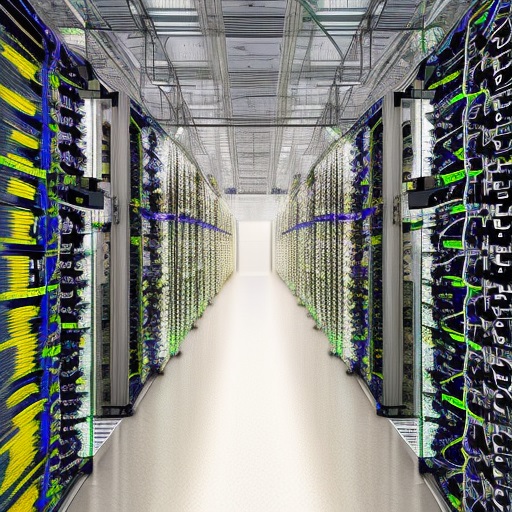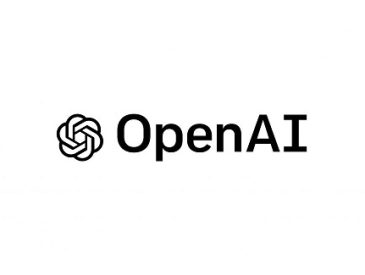Google has recently introduced its latest AI chip, the TPU v5e, which marks a significant advancement in the company’s efforts to streamline and optimize large-scale AI workloads. This cutting-edge chip is accompanied by a suite of software and tools designed to facilitate the orchestration of AI tasks in virtual environments.
The TPU v5e represents Google’s continued commitment to enhancing the performance and efficiency of AI training and inferencing processes. Succeeding its predecessor, the TPU v4, this new chip boasts impressive capabilities and delivers a peak performance of 393 teraflops of INT8 performance per chip.
What sets the TPU v5e apart is its affordability and accessibility. Priced at $1.2 per chip hour, it is less than half the cost of the TPU v4, making it a more cost-effective solution for businesses and organizations looking to leverage AI capabilities. Additionally, the TPU v5e is the first Google AI chip to be made available outside the United States, expanding its reach and impact on a global scale.
To support the scalability of AI models, Google has introduced a groundbreaking technology called “Multislice.” This innovative feature enables users to effortlessly scale their AI models beyond the limitations of physical TPU pods, facilitating the deployment of larger and more complex models for a wide range of applications.
Moreover, Google has made significant strides in optimizing its virtual machine infrastructure to support the TPU v5e. By fine-tuning virtual machines specifically for these chips, Google enables simultaneous processing across multiple virtual machines, enhancing overall performance and productivity.
The TPU v5e seamlessly integrates with popular machine-learning frameworks such as PyTorch, JAX, and TensorFlow, enabling users to leverage familiar tools and workflows. This compatibility simplifies the adoption process for developers and researchers, making it easier to leverage the power of AI in their projects.
Google’s TPU compute infrastructure has gained recognition and acclaim within the industry. The company has strategically built an AI empire around TPUs, optimizing its large-language models to efficiently run on these chips. The TPU v5e further solidifies Google’s position as a leader in AI hardware and infrastructure.
While Google’s TPU v5e chip represents an exciting advancement in AI technology, it is worth noting that its release has not been without controversy. However, Google remains committed to refining its AI hardware offerings and addressing any concerns to ensure the responsible and ethical use of its technologies.
With the introduction of the TPU v5e, Google continues to empower businesses and researchers with powerful AI tools and infrastructure, driving innovation and pushing the boundaries of what is possible in the realm of artificial intelligence.




